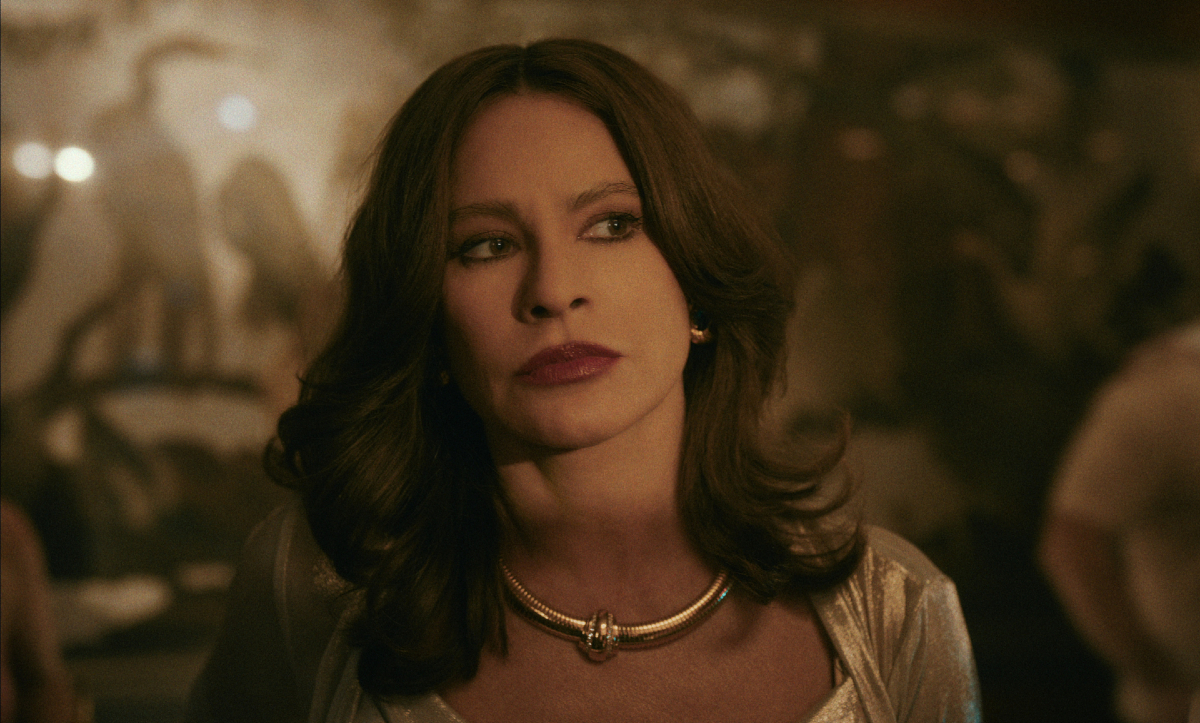‘Griselda’ Humanizes Griselda Blanco, but How Much of the Story Is True?

The Sofia Vergara-led Griselda miniseries has been causing a stir since it dropped on Netflix on January 25. As viewers delve into the wild, outlandish, and tragic story of a female drug lord, they’ll find themselves wondering if this story is, indeed, true.
Griselda follows the story of Griselda Blanco (Vergara), a talented and ambitious young woman who begins dabbling in drug smuggling as a means to provide for her family. She soon loses sight of her motivations, becoming immersed in drug trafficking for wealth and power. However, it becomes exceedingly difficult for Blanco to avoid arrest as her list of crimes grows and her greediness and paranoia attract a wide range of enemies.
Griselda has captivated audiences because it’s quite a binge-worthy action series, but also because it’s so rare to see a female drug lord in crime dramas. Viewers are used to the glorification of male drug lords in film and TV, making Griselda a breath of fresh air. It’s easy to empathize with Blanco’s motherly instinct to protect and provide for her family, which makes it so much more emotional and disappointing when she goes down the wrong path. Additionally, the shockingly enormous price she pays in the end will appeal to one’s humanity and challenge the view that Blanco was little more than a criminal.
What will shock viewers even more is that much of Griselda is true.
The true story of Griselda Blanco

Netflix does take some creative liberties to make Griselda more thrilling, but the true story behind it is nearly as wild as the series. Blanco was a Colombian drug lord who ran her drug empire beginning in the 1970s and earned the nickname “The Cocaine Godmother.” Her eventual turn to drug trafficking isn’t surprising, as she was essentially born into crime. She was raised in a very abusive household and moved to Medellín, Colombia, at age 3, at a time when it was considered the most dangerous city in the world. To escape her horrific home life and survive, Blanco started smuggling and looting at a young age. It’s alleged she committed her first murder at age 11.
By age 13, she met her husband, Carlos Trujillo, a small-time criminal involved in document forgery. The pair married in the 1960s and welcomed three sons together. Eventually, the pair divorced, and it’s believed Blaco may have been involved in Trujillo’s death in the 1970s. Soon, she met her second husband, Alberto Bravo, who introduced her to the world of drug trafficking after they moved to New York. Meanwhile, she quickly proved quite adept at the drug smuggling business. According to A&E, she designed the business model that would eventually become the “modern-day cartel” by working closely with other traffickers and maintaining multiple suppliers. Blanco even started designing bras and girdles with secret pockets to smuggle cocaine in any manner possible.
By 1975, Blanco became suspicious that Bravo was stealing money from their operation, resulting in the pair and several bodyguards engaging in a shootout that left her second husband dead. This meant that the drug empire she had established with Bravo was wholly hers. She would soon marry her third husband, Dario Sepulveda, with whom she welcomed another son and eventually relocated with to Miami. In the next several years, her drug trafficking network would sweep across the nation. At its height, it’s estimated her business was bringing in a staggering $80 million a month. She also became deeply embroiled in the Miami drug war in the 1970s and ’80s, and it’s estimated she was responsible for murdering at least 200 of her drug rivals.
What happened to Griselda Blanco?
Blanco’s business-savvy ways began to fall apart in the ’80s. She became addicted to a form of smokable cocaine and grew increasingly paranoid. Blanco was ordering hits left and right (including on her third husband), refusing to repay debts, and her homicidal tendencies were shocking even to fellow drug kingpins. With her enemies stacking up, Blanco fled to California for safety, where DEA agents arrested her in 1985. She was found guilty of drug offenses and sentenced to 15 years in prison. While serving this sentence, Blanco was also charged with three counts of first-degree murder. However, a scandal involving a key witness ultimately led to her taking a plea deal and avoiding the death penalty or a life sentence.
Blanco paid the ultimate price in prison for her crimes. As the Netflix show depicts, Blanco’s three oldest sons were reportedly murdered while she was in jail, presumably by one of her many rivals and enemies. Due to failing health, Blanco was released from prison in 2004 and deported to Colombia. Little is known about her life after that, though her sole living son, Michael Corleone Blanco, stated that she had left her criminal ways behind and was living a quiet life as a born-again Christian. In 2012, while out shopping with her daughter-in-law, Blanco was assassinated by an unidentified assailant, believed to be another one of her drug-related enemies.
As mentioned above, the Netflix series tries to humanize Blanco as a mother doing what she initially thought was best for her children. However, it’s difficult to know for sure why Blanco did what she did, especially since Netflix didn’t consult her family or sole living son for the series. Whether she did what she did for her children or not, it’s easy to see why her story warrants some compassion. Given the environment she was born into, she never had a chance to experience a life that wasn’t steeped in crime and abuse. That doesn’t excuse the crimes she committed, but it does make one reflect on what this very powerful woman would’ve become if she’d just been offered a chance.
(featured image: Netflix)
Have a tip we should know? [email protected]